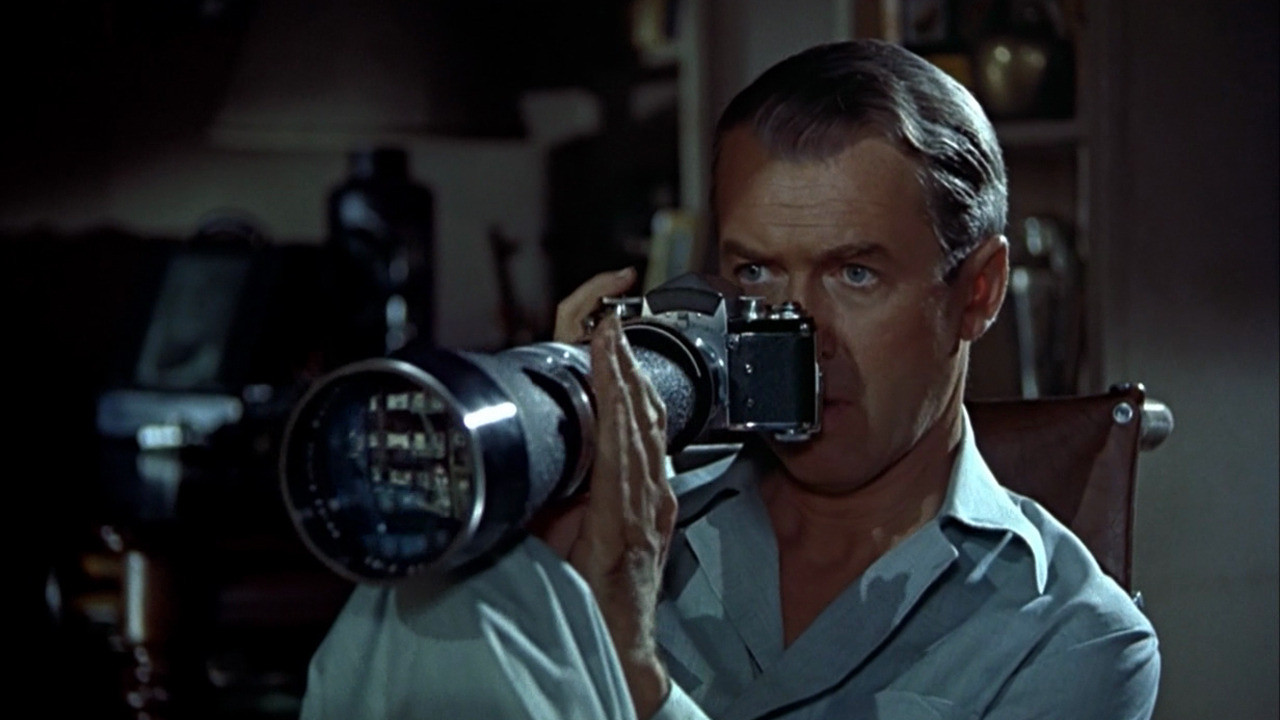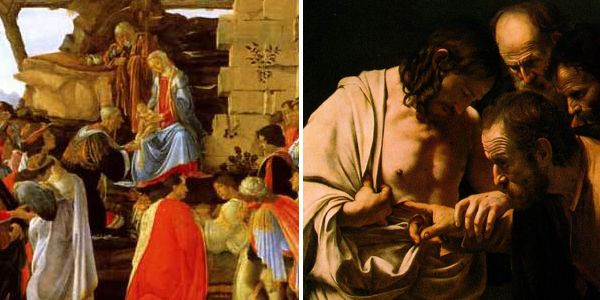'Vertigo' and the Search for the Greatest Film of All Time
When I meet new people, and I tell them how much of a movie buff I am, they always ask, “What’s your favourite movie?” My answer is “it’s an impossible question” (infuriating, I know). Trust me - I’ve thought and thought about what my favourite movie is, and there’s simply too many answers. I could name dozens, if not hundreds, of titles. It isn’t me being indecisive - it’s that I don’t really believe in ranking movies that way.
So a couple of days ago, when the well-respected Sight and Sound Magazine named Alfred Hitchock’s Vertigo as the best film of all time, I wasn’t sure how to take it. Sure, it was a big upset that Citizen Kane was bumped from the top spot on the list after fifty years. But do these lists really mean anything? Watching movies is a subjective activity. To try and name the objectively greatest film, or an all-time favourite, doesn’t really make sense – for a number of reasons.
Granted, the Sight and Sound list is one of the best of its kind. It uses a voting pool of 846 critics, scholars and distributors – a group who should really have a say in the Academy Awards voting, too. But it’s interesting to read what some of the voters have to say about how hard it is to choose their top ten. Roger Ebert wrote an excellent blog post about it back in April, and so did Shaun of the Dead director Edgar Wright. So as prestigious as the Sight and Sound list is, I don’t envy the voters’ task.
My approach is to figure out the great films in each genre, and not take it any farther than that. To try and choose between two movies like Vertigo and Rear Window, for example, means comparing them on so many levels that it defeats the purpose. Does Rear Window deserve a top spot because of the fantastic indoor set Hitchcock’s team created, or does Vertigo edge it out because of the beautiful exterior locations in San Francisco? Frankly, I’d rather spend time watching the movies than figuring out which one I like more.
But people love lists. They love quantifying movies, trying to reduce them to a simple star rating or Tomatometer score. In a way, it’s still a good method for quickly communicating whether a film is worth seeing. After all, I use the four-star system in my own reviews. But what about the low-scoring movies? It’s just as enjoyable to indulge in a terrible movie as it is to experience a great one. There’s simply too many qualities to weigh if you’re going to make a ranking system that does justice to a film.
The same is true of any other work of art. Think of paintings: does a Botticelli rank higher than a Caravaggio? Can a Rembrandt compete for “greatest painting of all time” with a Monet or a Chagall? It might seem silly to compare movies - even popular, recent hits – with famous artists, but film is just as much of a subjective, creative medium. Maybe when the art of making movies gets to be a couple of centuries old, we’ll forget about trying to find the “greatest”, and just recognize the truly “great”.
Does that mean you can’t have a “favourite” movie? Certainly not. I just believe that the best way to truly understand films is to study them - to figure out how they work, rather than where they rank. After all, lists only reflect the people who make them, and the art will be around a lot longer than they will.
-
What do you think about Sight and Sound’s “greatest films” list? Is its list an indispensable guide to movies? Or should we spend our time watching movies, instead of ranking them? Let me know what you think in the comments section! If you liked this post, share it with your friends and followers, and check out my other posts about film here:
-
The Pros and Cons of Making The Hobbit Into a Trilogy
5 Flaws in The Dark Knight Rises That Couldn’t Be Avoided
4D Movies: The Latest, Greatest Gimmick Comes to North America
-



